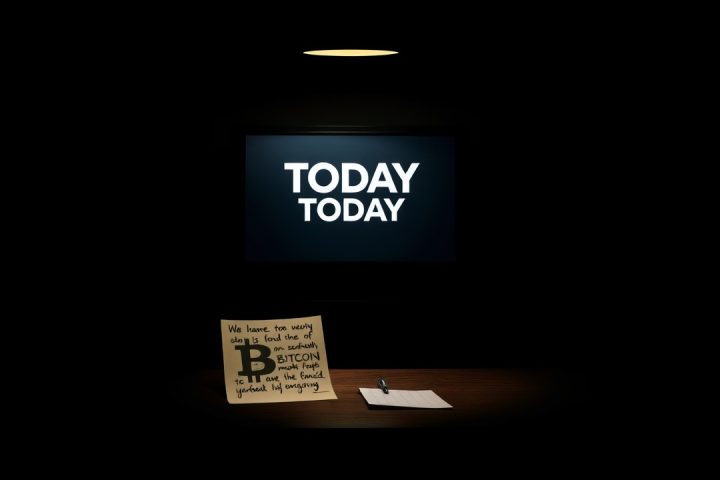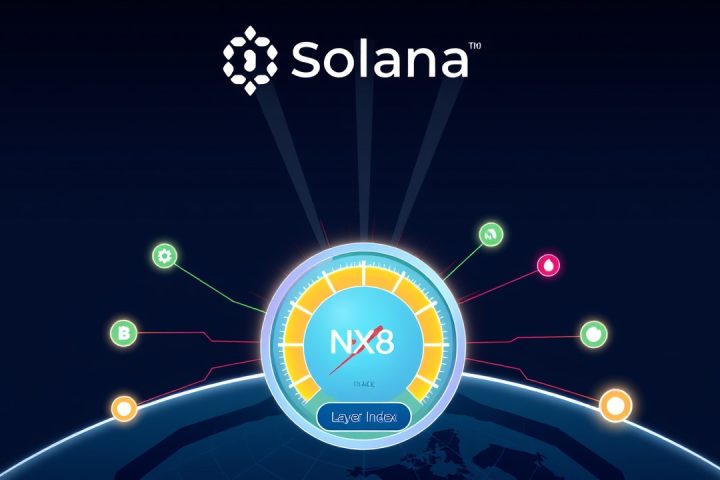Crypto Task Force Roundtable Session
Today, the Crypto Task Force convened its second roundtable session, delving into the nuances of crypto trading. Reflecting on a historical moment from over two centuries ago, where stockbrokers established foundational trading rules beneath a buttonwood tree in New York City, the discussion aims to create a similar framework for the regulation of cryptocurrency trading in the United States.
Evolution of Crypto Trading Regulation
In its evolution, crypto asset trading has emerged organically, addressing the burgeoning demand for this innovative asset class, often eluding regulatory frameworks during its initial growth. Historically, certain state agencies have taken on the role of regulators for these crypto platforms, equating them to currency exchanges and imposing licensing laws applicable to money transmitters. However, this has resulted in a fragmented approach, with varying state regulations that potentially complicate the trading landscape.
Need for Cohesive Federal Regulations
Market participants are being encouraged to consider the feasibility of a more cohesive federal regulatory approach that would enable the trading of both tokenized securities and non-security crypto assets under a singular license issued by the Securities and Exchange Commission (SEC). This would be preferable to managing multiple licenses across different states. Nevertheless, current federal laws pose challenges for broker-dealers and national securities exchanges eager to engage with tokenized securities, given that many of the available tokenized assets remain unregistered.
Complexities in Compliance
Additionally, the complexities of complying with the order protection rule (Rule 611) come into play when dealing with orders for securities that are accessible in both tokenized and non-tokenized forms across varying markets. Furthermore, existing crypto trading platforms face distinct hurdles since they typically integrate custody, execution, and clearing functions within a singular framework, setting them apart from traditional securities exchanges.
Potential of Blockchain Technology
The integration of blockchain technology has the potential to revolutionize securities transactions, enabling efficient and reliable trade execution and clearing processes. Tokenized collateral management could enhance liquidity and capital efficiency, while decentralized finance solutions facilitate continuous trading through smart contracts operated around the clock.
Looking to the Future
However, the architects of current federal securities laws did not foresee the advent of blockchain technology or smart contracts, which could redefine the operational scope of transfer agents and securities exchange mechanisms.
As the SEC navigates these evolving dynamics to create a comprehensive regulatory response, it is suggested that a temporary, conditional exemption framework could spur innovation utilizing blockchain technologies in the crypto space. Stakeholders engaged in crafting novel trading solutions that leverage these technologies are urged to contribute to the conversation regarding appropriate avenues for exemptive relief.
A heartfelt thank you is extended to the Crypto Task Force and the panelists who have dedicated time to prepare for this important roundtable. Anticipation builds for the discussions that will unfold in the forthcoming sessions.




